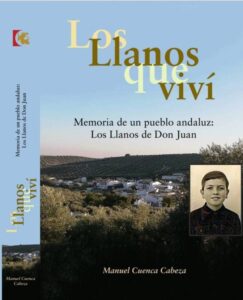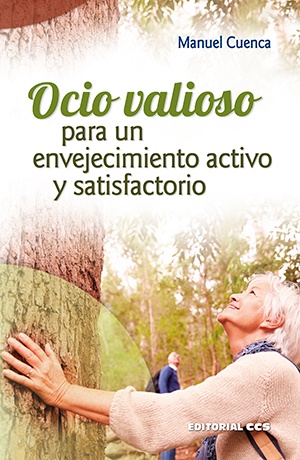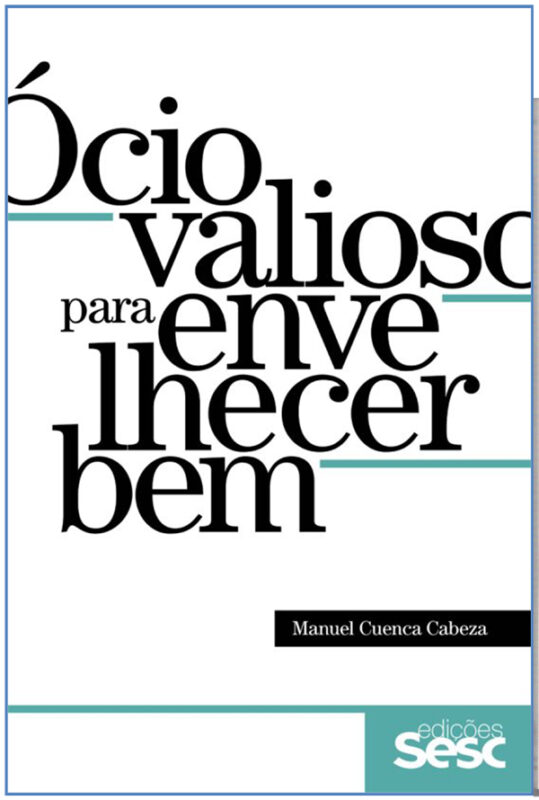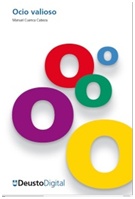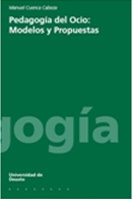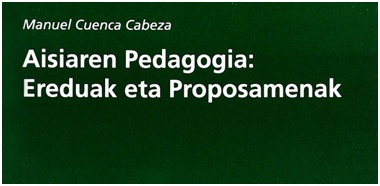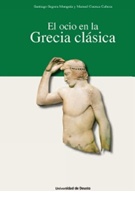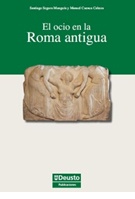Leisure and culture
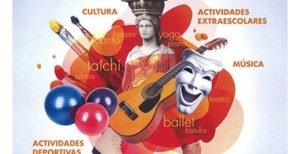
In more developed societies, culture is considered to contribute to the well-being and the quality of life of the citizens; yet that collective and subjective perception of an improved lifestyle places us in the framework of leisure. We thus refer to the cultural expressions that we enjoy, or we may enjoy, in our daily lives and, to a much greater extent, when on holiday and in our spare time. In other words, what refers to the enjoyment of cultural goods, arts, publications, audiovisual productions or shows.
For a long time, the university academic world has believed, and in many cases I suppose that it continues to think, that the terms Leisure and Culture are conflicting concepts. However, any observer of the current situation can see that the development of the so-called Cultural Industry is linked to the development of the Leisure Industry. Whether or not you accept it, the reality is that the cultural supply and activity today competes with other different leisure offers and of different sizes. As W. Rybczynski (1991) pointed out, the new citizen has to decide between what s/he does and what s/he stops doing. Many different factors are involved in that decision, including the economy, time, culture, motivation, tiredness, etc.
Culture, given the decision and personal enjoyment of the subject that experiences it, enables us to place it among leisure approaches; yet neither culture as a human fact is all leisure, nor is leisure all culture. As is the case with many other concepts and areas, the frontiers between culture and leisure have been blurred so that their relations have become complex and difficult to differentiate in an objective way. This is another important reason to assess culture from subjectivity, that is, from lived experience. The new culture that surrounds us has to know how to integrate the secular values inherent to traditional culture with the new values, typical of an international culture turned into reality thanks to technology.
More information:
Manuel Cuenca Cabeza, Considering Cultural Experiences from the Humanist Leisure Approach: Guidelines for Qualitative Further Study, in Documentos de Estudios de Ocio, No. 45, 19 – 48,



